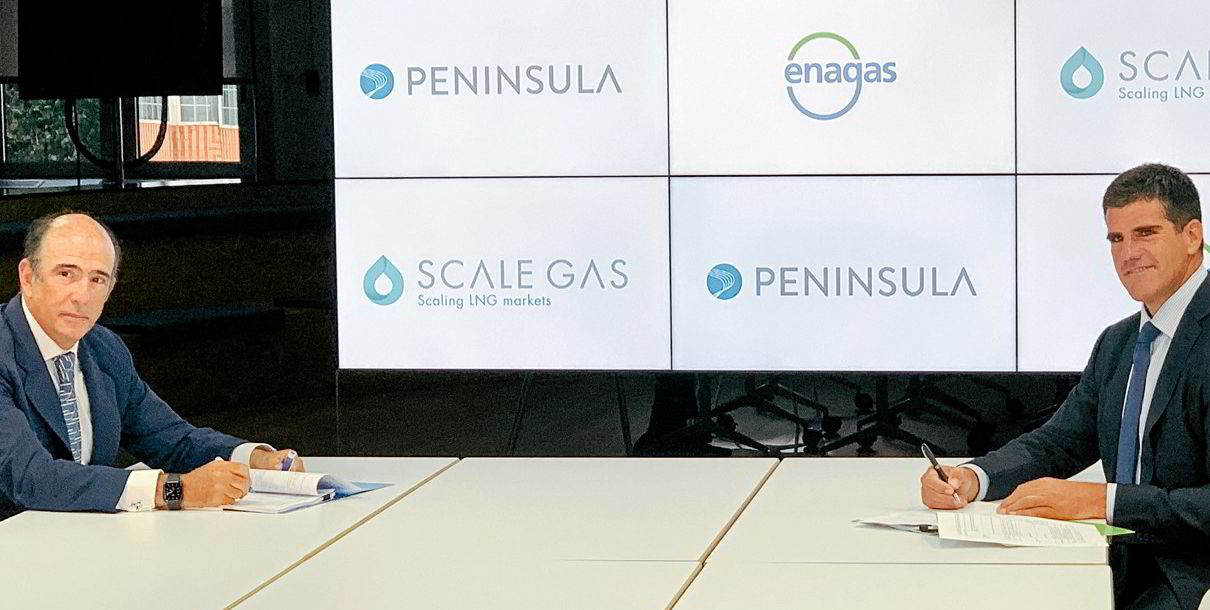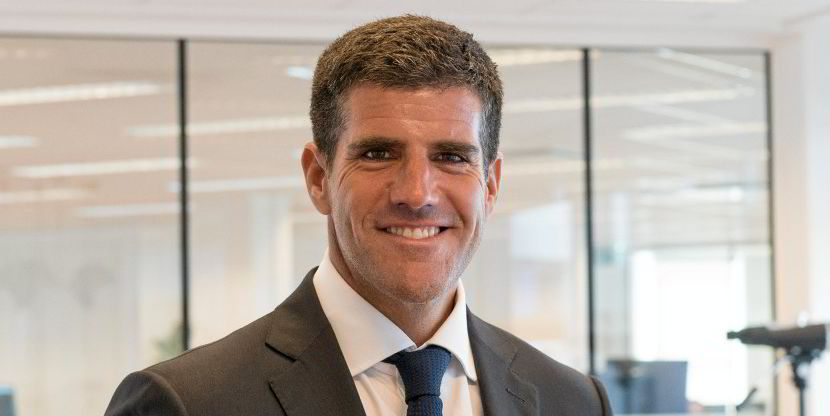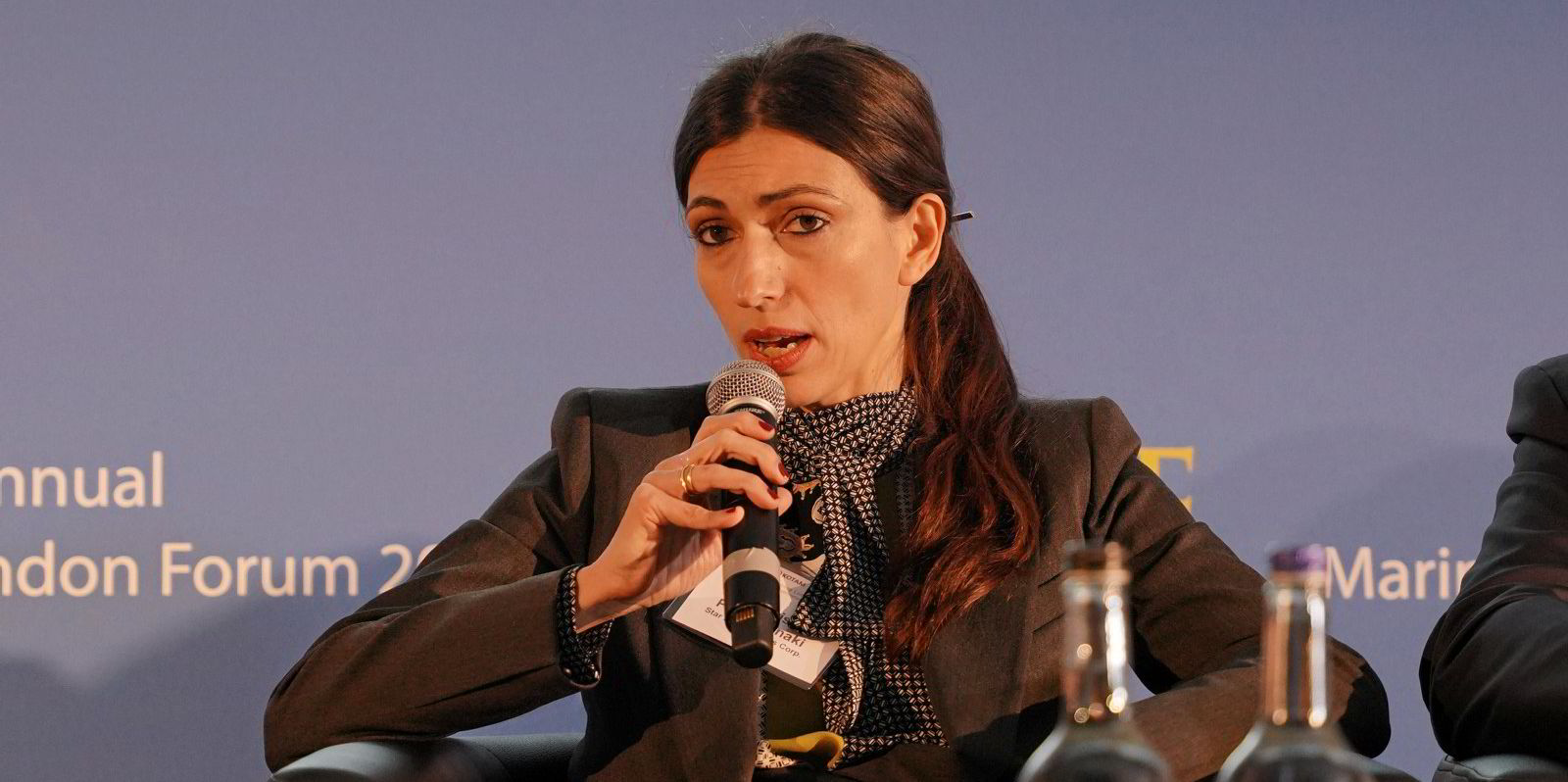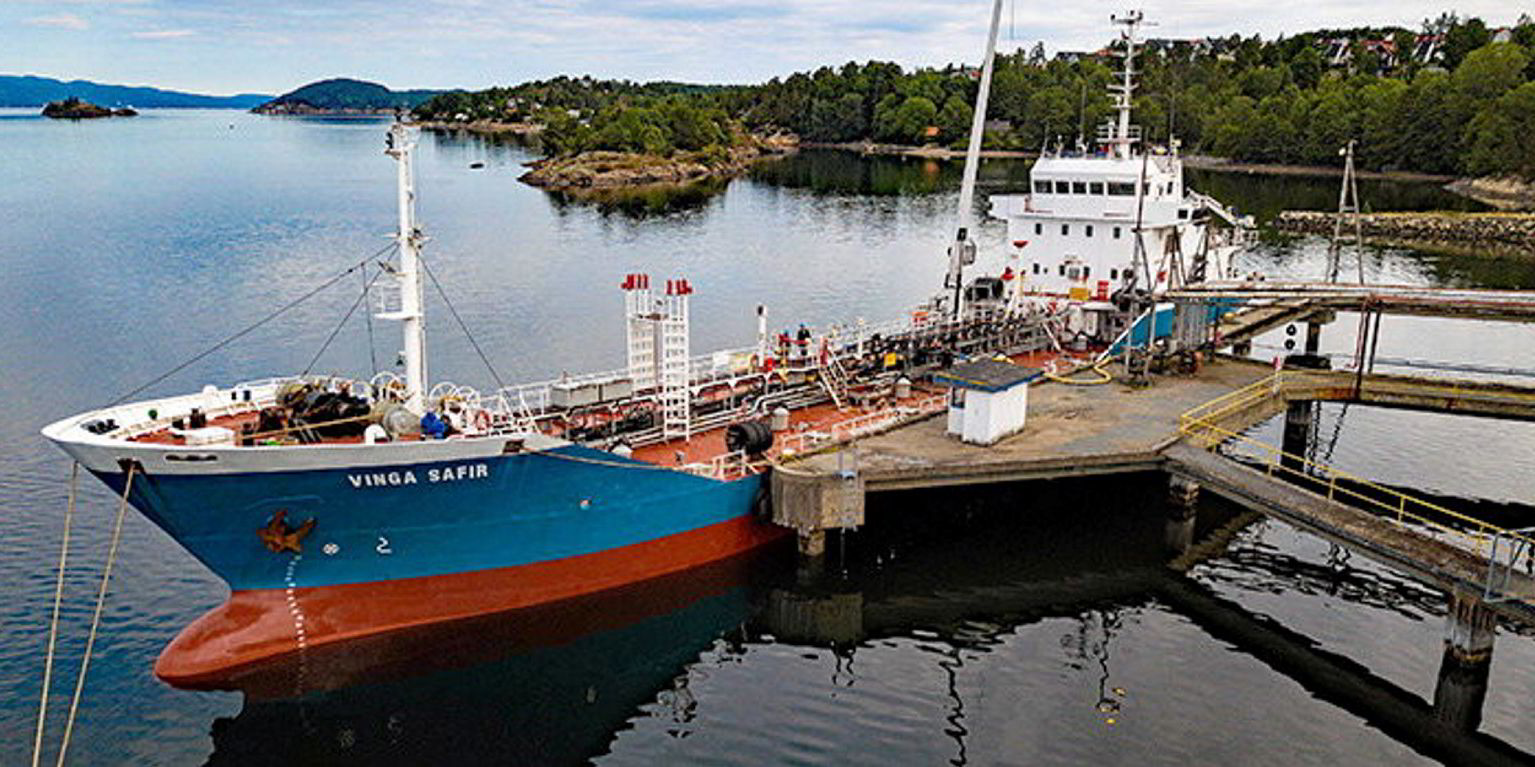Peninsula is not just a bunker company, chief executive John Bassadone tells TradeWinds.
Over the past few years, the outfit has taken more control of its physical supply chain and has invested in a fleet of tankers and storage hubs.
Now it is undertaking its next big transition to offer “greener” marine fuels, Bassadone said.
The change began late last year when the company dropped the word “Petroleum” from its name and continued in 2021 with the signing of contracts for an LNG bunker vessel (LNGBV) newbuild.
Peninsula is trying to keep in step with emerging customer demand for alternative fuel such as LNG, supporting shipping’s ambitions to vastly reduce its carbon emissions by 2050.
Bassadone regards Peninsula’s transition to offering LNG fuel as investing “ahead of time”.
“We’re looking at ammonia with other companies,” he said. “We’re looking at lots of different things.
“But the product of choice today to transition is, we believe, LNG, especially for an important sector of the market.”
In early June, Peninsula and partner Scale Gas, a subsidiary of Spanish energy company Enagas, signed a contract to build and jointly own an LNG bunkering vessel that will serve the Strait of Gibraltar.
The 12,500-cbm ship — with around twice the capacity of a conventional LNGBV — will be built at Hyundai Mipo Dockyard in South Korea. After delivery in June 2023, it will be chartered exclusively to Peninsula for an initial seven-year period.

Bassadone told TradeWinds that the ship is both an LNGBV and a small-scale LNG carrier because of its size. “This is 12,500 cbm because we’re using it more as a hybrid.”
The result will be the first LNGBV stationed permanently in the Strait of Gibraltar, with a physical supply of gas sourced from the region.
Bassadone said the size of the LNGBV newbuilding will allow Peninsula to be a physical supplier of LNG marine fuel in Spain’s Canary Islands in the Atlantic, as well as at regional ports in the Strait of Gibraltar area.
Peninsula has big-name clients such as CMA CGM, AP Moller-Maersk and Mediterranean Shipping Co, which call regularly at the Algeciras container terminal in southern Spain. It also serves major cruise companies — the kinds of clients that will lead the way in using LNG as a marine fuel, Bassadone noted.
The same type of customers also make the Panama Canal a key target for expansion of Peninsula’s LNG bunkering capabilities in the future, he added.
“The important thing is that what we’re looking for, for customers, is to supply them around the world, whether it’s our physical location or not,” he said.
“In Singapore, for example, it makes perfect sense. So either we’ll have our own logistics there or we’ll team up with somebody else.”
Bassadone confirmed that negotiations are underway for Peninsula to charter an LNGBV in the short term. It also has an option for another LNGBV newbuilding.
“Our plan is to continue the development into building additional vessels and — in the shorter term, because building takes two years — chartering in, as and when we match our demand with the supply,” he said.
Meanwhile, the company will begin physical supply operations in the Belgian port of Zeebrugge this month to serve customers in the Amsterdam-Rotterdam-Antwerp area.
Bassadone is confident Peninsula will not suffer the same “liquidity squeeze” that is threatening other bunker suppliers around the world as shipping decarbonises.
In fact, the company has just secured an upsized $350m credit facility from a consortium of banks.
He said this financing, coupled with cash earned during the firm’s “best year ever” in 2020, will set Peninsula up for the future.
“Because of the way we’ve operated, we’ve got a lot of support from banks and from suppliers and so on, and that has allowed us to continue our growth, so we haven’t been restricted in that regard,” he said.
The oil and fuels trading sector has suffered some high-profile bankruptcies and scandals in the past few years, so he believes lenders value transparent business practices more than ever.
“There’s a flight to quality happening. However, it does also give us some more ammunition to execute our plan, and that is obviously when we’re talking about more expensive vessels and continuing to grow our fleet, especially in the sustainability space — obviously an LNG vessel costs a lot more than a product tanker.”
John Bassadone’s family has a long history in bunkering and marine services, but it was important to him to start something of his own.
A native Gibraltarian educated in the UK, Bassadone started work at 18 as a trainee bunker trader in London. Shortly after finishing his traineeship, he started his own concern — known today as Peninsula — as an offshoot of the family operation, Gibunco Group in Gibraltar.
Peninsula got underway when Bassadone was offered an opportunity to commercialise 75,000 tonnes per year of marine fuel in Gibraltar, which increased to 1m tonnes per annum over the next five years. Today, it markets around 50m tonnes per year.
In 2012, after setting up offices and establishing customers around the world, the company made its first big investments in the physical supply of marine fuel, taking more control of its supply chain and logistics.








